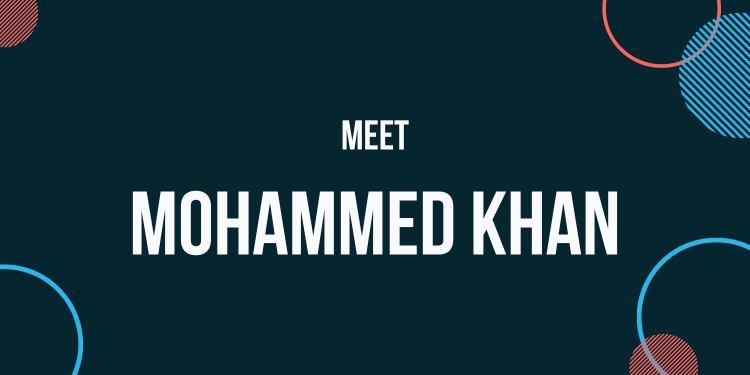
Mohammed Khan always knew he wanted to do something with computers. He was initially drawn to the innovation, growth, and rapid change of the technology space. That passion led him to pursue a degree in Computer Information Systems, and later, a Master of Business Administration from DeVry University. His expertise and interest in IT led him to Catalyst Consulting Group.
Khan joined Catalyst in 2005, marking 20 years with the organization this year. Originally hired as a contractor, Khan worked his way up through the company, holding positions ranging from Senior Consultant to IT Director. In his current role as Vice President of Infrastructure, he manages and oversees the design and implementation of technical projects. His role combines high-level technical oversight with client-facing strategy to ensure that Catalyst not only delivers the technical projects but also meets client goals.
In his time at Catalyst, Khan has made quite a difference. “One of my proudest accomplishments was leading a major development in the deployment of biometric solutions for boarding of international flights at O’Hare and Midway Airport. That was one of the most widely used custom-built products by our team.” But beyond building products, Khan has found mentoring junior team members and supporting their professional growth especially rewarding.
Khan credits several formative experiences for shaping his growth trajectory into leadership at Catalyst. “Being a part of the Incident Response Team taught me how to perform under pressure, take ownership, and communicate effectively. As I took more responsibility leading various projects, it helped me develop a deeper understanding of how to align technology with other client objectives.” As he gained more leadership responsibilities, he was challenged to think beyond technical skills and focus on strategy, client relationships, and team development.
For those aspiring to a similar career path, Khan stresses the importance of curiosity, building a strong foundation in problem-solving skills, effective communication, and delivering quality service.
“Treat any project like a learning opportunity, so do your research, be dedicated, and do not be afraid to ask questions. It’s one of the best ways to grow and learn.”
Khan is looking forward to continuing his work with the amazing team at Catalyst. “Something that really excites me all the time is working with people that have a variety of different talents and skills.” This talent helps Catalyst focus on their leadership vision, helping them ask the question: what can we do better? With Khan’s passion and focus on collaboration and continuous improvement, he is excited about what lies ahead.
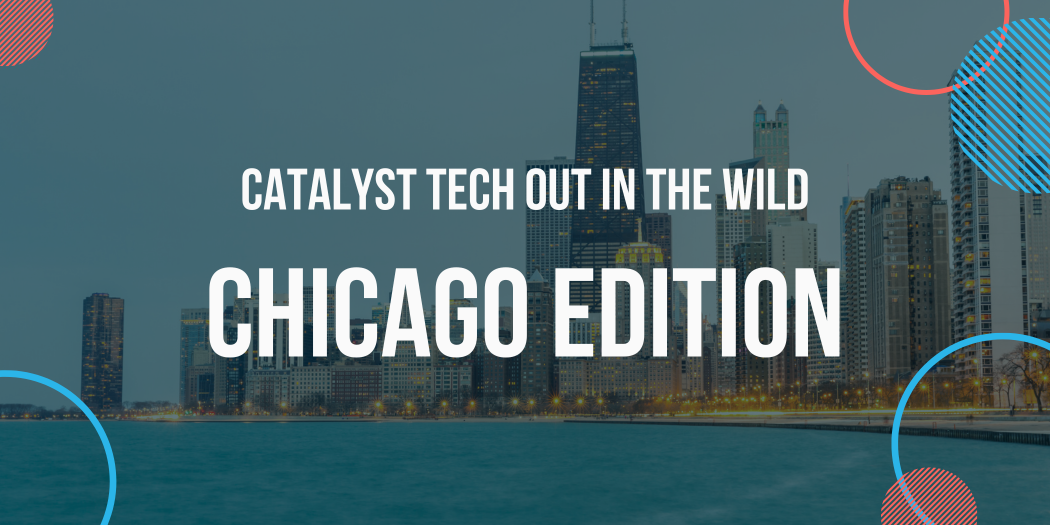

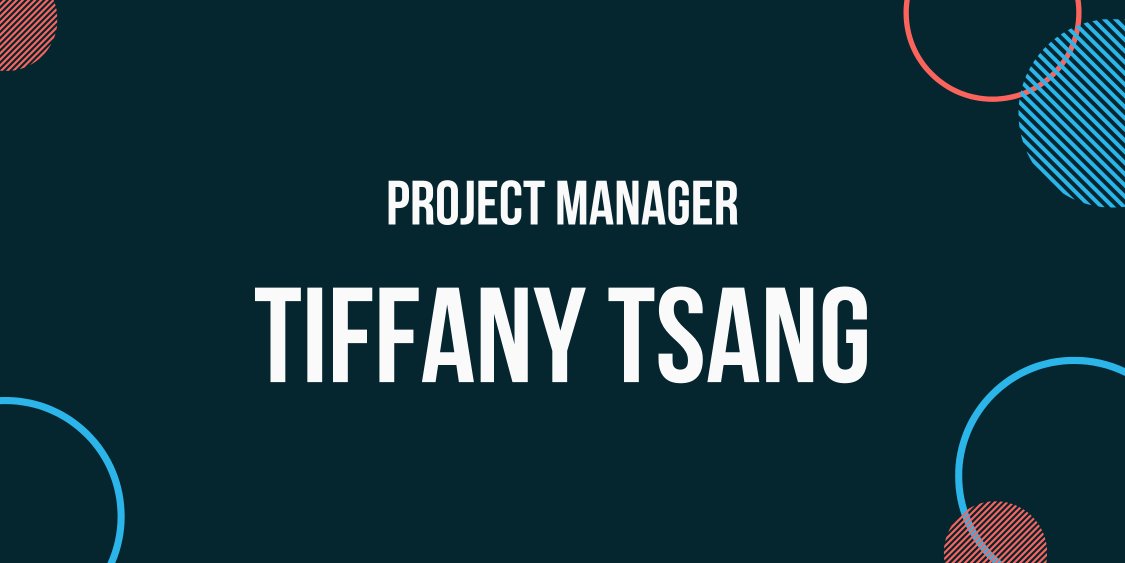
 In her role as a Business Analyst, her primary responsibility was to understand the client’s needs and translate those into technical requirements for the team, ensuring that Catalyst’s solutions support their day-to-day operations effectively. From the start, however, this role was quite challenging.
In her role as a Business Analyst, her primary responsibility was to understand the client’s needs and translate those into technical requirements for the team, ensuring that Catalyst’s solutions support their day-to-day operations effectively. From the start, however, this role was quite challenging.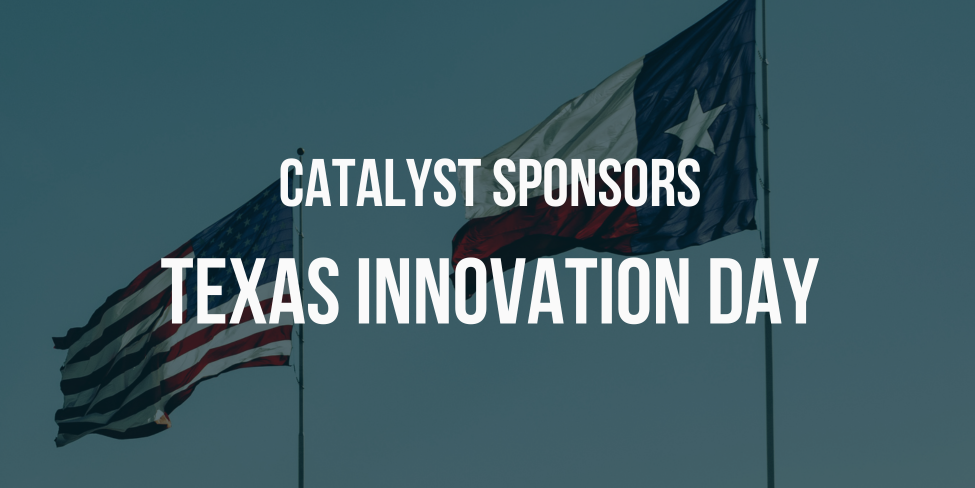
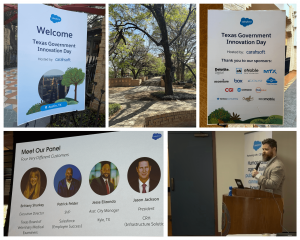
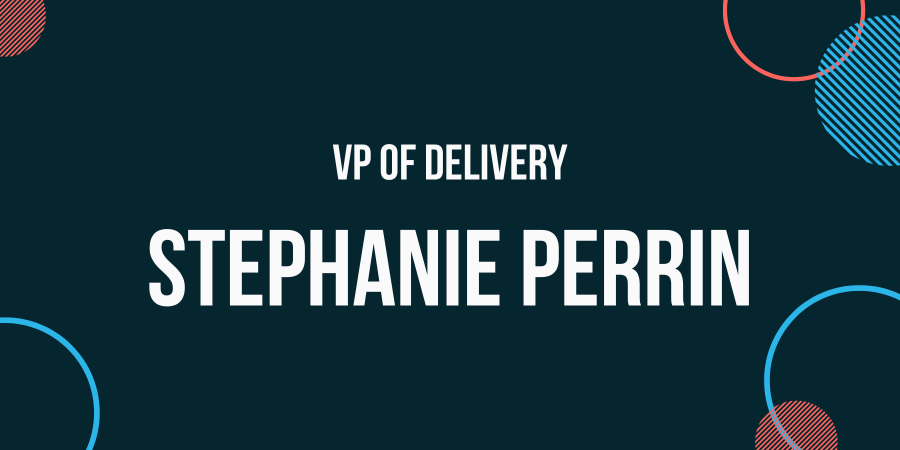




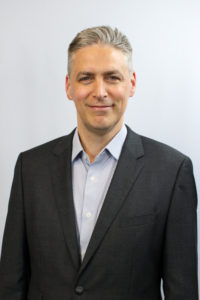 Bryon Martin’s story at Catalyst Consulting Group is a testament to the power of innovation, dedication, and a deep understanding of client needs. Starting with Catalyst as a mobile application developer in 2018, Martin has recently been promoted to the role of Chief Technology Officer (CTO), bringing with him over 30 years of IT expertise in roles from developer to technical architect.
Bryon Martin’s story at Catalyst Consulting Group is a testament to the power of innovation, dedication, and a deep understanding of client needs. Starting with Catalyst as a mobile application developer in 2018, Martin has recently been promoted to the role of Chief Technology Officer (CTO), bringing with him over 30 years of IT expertise in roles from developer to technical architect.
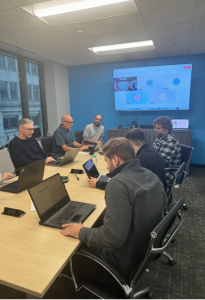 During the pandemic, like many organizations, Catalyst had adapted quickly to a remote work environment. In doing so, the company tapped into a much broader talent pool across North America. This shift brought in top talent from various regions, resulting in a stronger, more diverse team.
During the pandemic, like many organizations, Catalyst had adapted quickly to a remote work environment. In doing so, the company tapped into a much broader talent pool across North America. This shift brought in top talent from various regions, resulting in a stronger, more diverse team. 
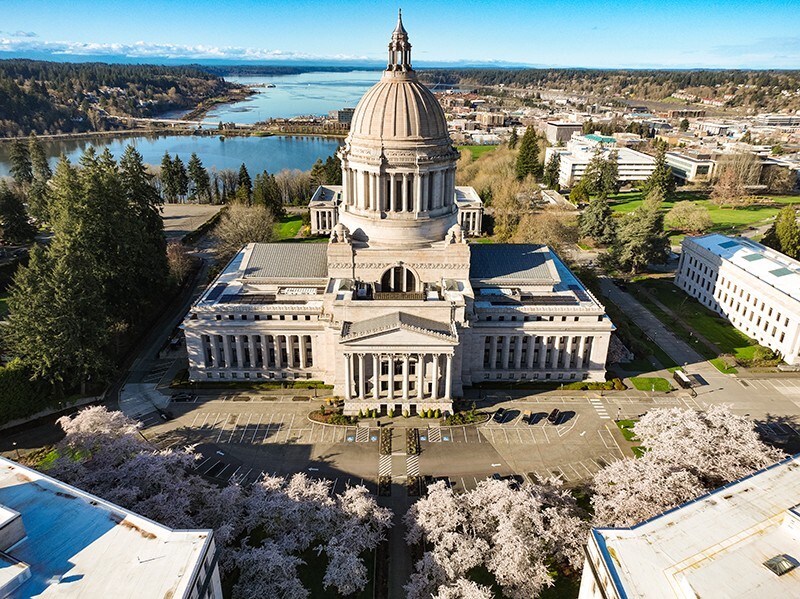
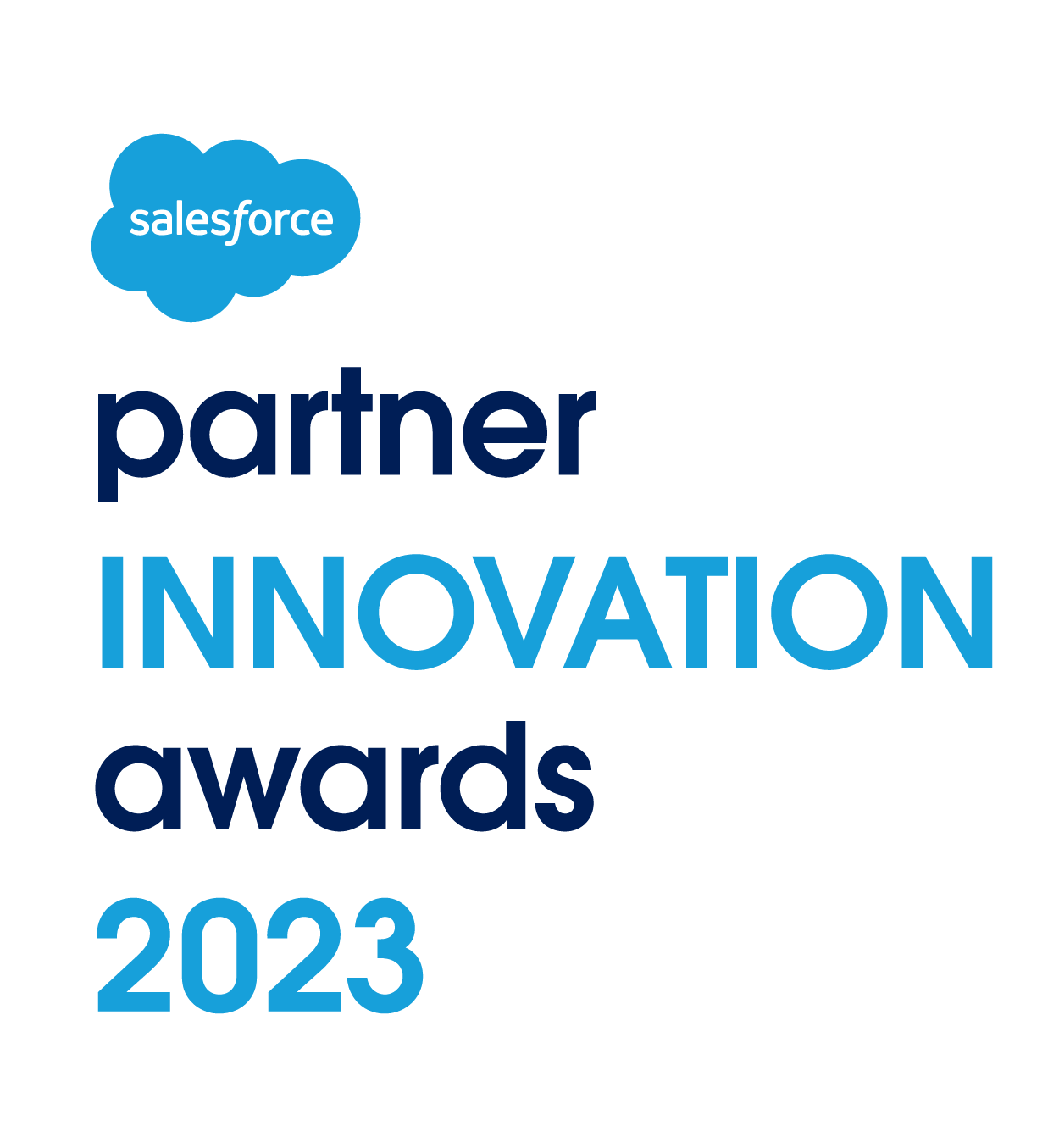
 The Catalyst team is honored to announce we have been awarded this year’s Salesforce Partner Innovation Award for the “Education (Consulting)” category. Our team is being recognized for its research-driven implementation of Salesforce Marketing Cloud for the Arkansas Department of Education (ADE). The award will be presented at Dreamforce in San Francisco, California on September 11, 2023.
The Catalyst team is honored to announce we have been awarded this year’s Salesforce Partner Innovation Award for the “Education (Consulting)” category. Our team is being recognized for its research-driven implementation of Salesforce Marketing Cloud for the Arkansas Department of Education (ADE). The award will be presented at Dreamforce in San Francisco, California on September 11, 2023.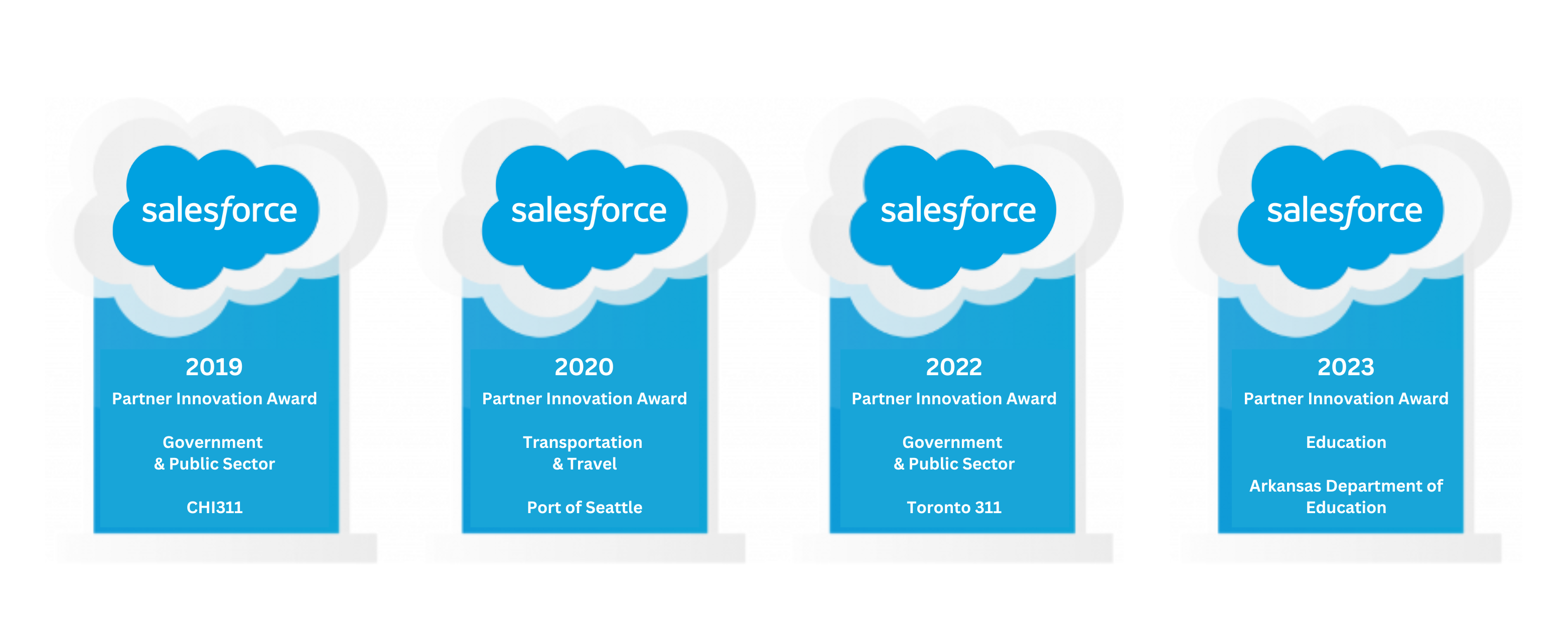
Recent Comments